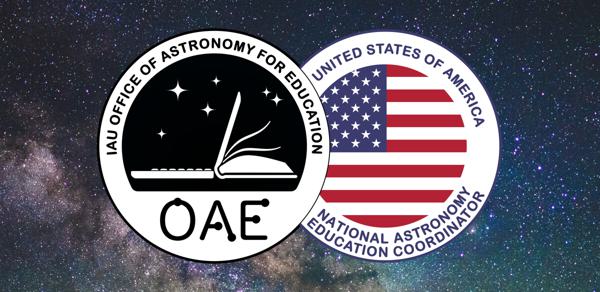Glossary term: Horizon
Description: The horizon is the boundary line that separates the sky from Earth´s surface. At any position on Earth, we only see a limited part of the globe. The boundary dividing what we can from what we cannot see is commonly called the horizon. In astronomy, that definition is refined as follows: Our own position on Earth defines a horizontal plane, which is perpendicular to the downwards direction (which we can make visible using a plumb line). The intersection of that plane with the celestial sphere defines our astronomical local horizon. The horizontal coordinate system makes use of the horizontal plane to define positions in the sky. The angle between our sightline to an object and the horizontal plane is called the object's altitude; the angle between the sightline's projection onto that plane and true north is called the object's azimuth.
Related Terms:
See this term in other languages
Term and definition status: This term and its definition have been approved by a research astronomer and a teacher
The OAE Multilingual Glossary is a project of the IAU Office of Astronomy for Education (OAE) in collaboration with the IAU Office of Astronomy Outreach (OAO). The terms and definitions were chosen, written and reviewed by a collective effort from the OAE, the OAE Centers and Nodes, the OAE National Astronomy Education Coordinators (NAECs) and other volunteers. You can find a full list of credits here. All glossary terms and their definitions are released under a Creative Commons CC BY-4.0 license and should be credited to "IAU OAE".
If you notice a factual error in this glossary definition then please get in touch.








